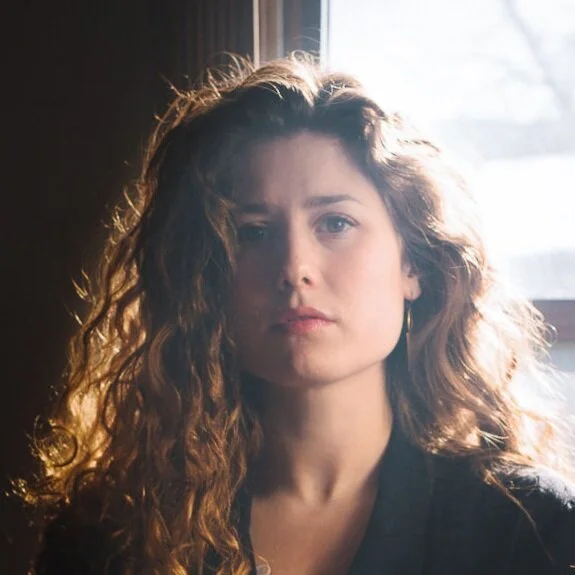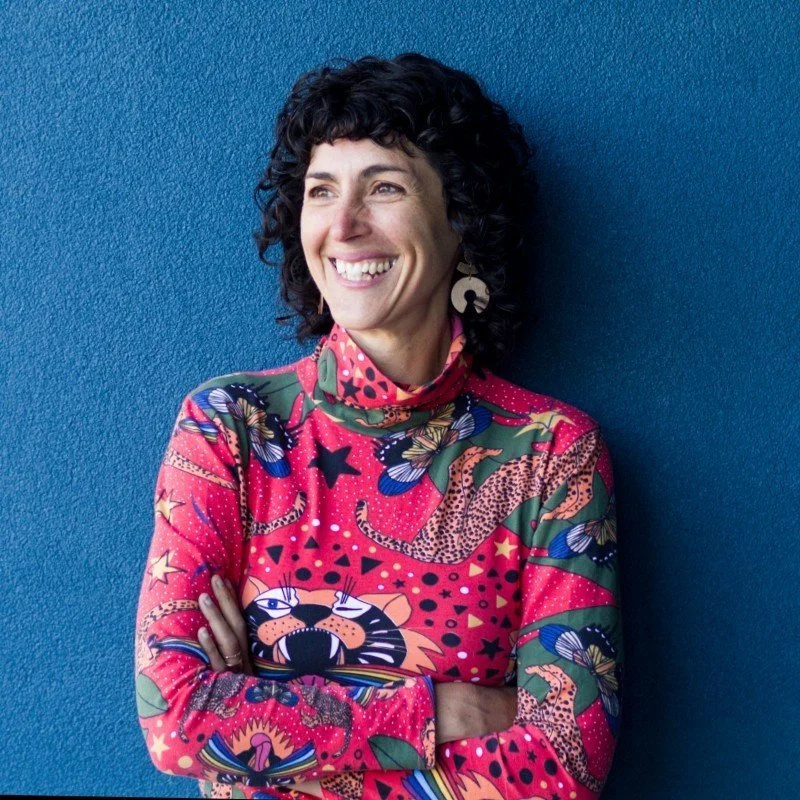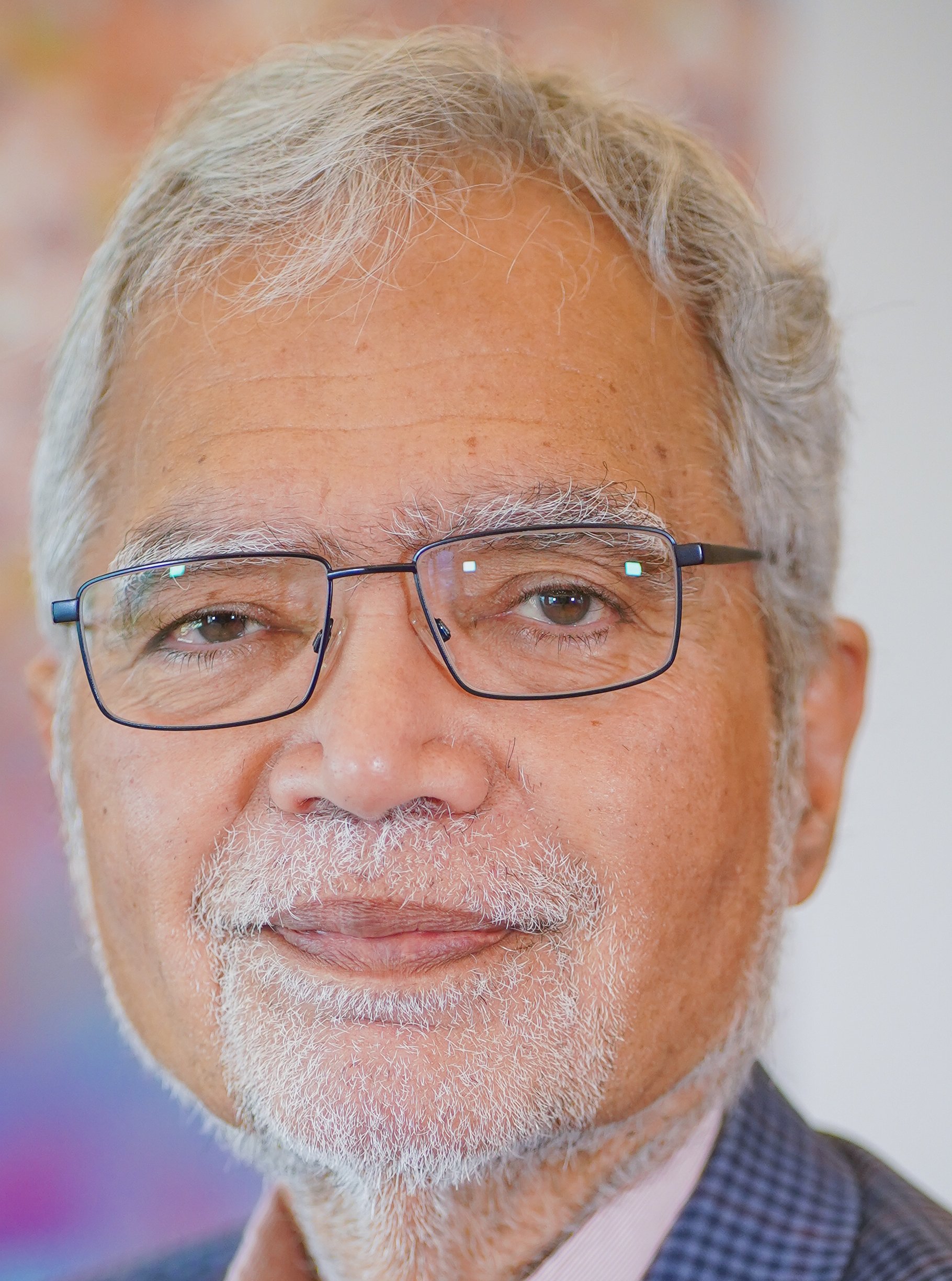RWCHR’s groundbreaking report exposes ongoing genocide in Darfur
This week, as Sudan marks one year since its brutal war began, we released the world’s first independent inquiry into breaches of the Genocide Convention in the Darfur region of Sudan.
Not only does our report conclude that genocide is occurring in Sudan, but it exposes a network of state and non-state actors directly complicit in the genocide by funding and arming the perpetrators.
Read the full report here.
Read the Press Release here.
Stand with Darfur by sharing these findings on social media.
Support our ongoing advocacy efforts here.
Special Message from Irwin Cotler Regarding Ongoing Breaches of the Genocide Convention in the Darfur Region of Sudan
When I was a parliamentarian and Minister of Justice and Attorney General of Canada, I used every means - both inside and outside of parliament - to mobilize political will to arrest the first genocide of the 21st century, launched in Darfur in 2003.
I could never have anticipated that the calls to action that I shared twenty years ago in parliament, at Save Darfur Rallies, and in international fora would apply equally today, and would resonate so painfully and tragically.
Our Centre’s comprehensive report demonstrates in chilling detail that the same perpetrators of genocide twenty years ago - now under the flag of the Rapid Support Forces (RSF) - are committing genocide against the Masalit people and non-Arab tribes in Darfur.
Our report is a wake-up call for the international community and puts the genocidaires and their sponsors on notice that they will be held accountable. It provides the substantive legal framework for justice and accountability for international institutions, NGOs, governments, parliaments, and courts to act upon.
Twenty years ago, the international community at least acknowledged the genocidal atrocities, though it utterly failed to take the necessary action to prevent them. Today, one can only feel shocked – if not betrayed – by the ongoing level of indifference and impunity in the face of another genocide that is being effectively silenced and sanitized.
The responsibility to prevent, punish, and put an end to genocide is not a policy option, but an international legal obligation of the highest order.
The prevailing culture of indifference, impunity, and complicity enabled the current escalation of mass atrocities to reach the point of genocide. But today, we can no longer look away and say we do not know.
We now know, and we must act.
Irwin Cotler
International Chair, RWCHR
Former Minister of Justice and Attorney General of Canada
About the Inquiry
The report relies on open source testimonies from survivors of massacres and other acts of violence, expert reports, and other publicly available evidence to demonstrate a clear pattern of ethnically-motivated violence targeting the Masalit and other non-Arab tribes of Darfur. It describes massacres, acts of sexual violence against the non-Arabs, mass public executions, assassinations of community leaders, burning of villages, destruction of key infrastructure, and other atrocities.
This inquiry was spearheaded by the RWCHR’s Senior Legal Counsel, Yonah Diamond and Legal Advisor, Mutasim Ali. Already endorsed by dozens of world-leading experts on international law and genocide prevention, including former Chief Prosecutors of international criminal tribunals, it also includes a foreword by Irwin Cotler and a preface by Mukesh Kapila, who bore witness to the first genocide in Darfur as the UN Resident & Humanitarian Coordinator for Sudan in 2003-4.
Next Steps
We have already briefed high-level US officials responsible for atrocity prevention on our findings, and plan to similarly engage with officials in Ottawa and other major capitals in the coming weeks.
Today, Minister of Foreign Affairs Melanie Joly announced that Canada has imposed sanctions against six Sudanese persons for their roles in undermining peace, security, and stability in Sudan and for their links to the main parties to the ongoing conflict. Three of these persons have direct ties to the RSF. Our team recommended four of the six for sanctions as part of our Targeted Sanctions Program.
This is an excellent step, yet far more must be done by Canada and the international community to respond to the gravity of abuses by the warring parties in Sudan.
Our advocacy continues.
Help us raise the alarm about genocide in Darfur on social media now.
Read the Press Release here.
Read the full report, Breaches of the Genocide Convention in Sudan: An Independent Analysis (April 2023 - April 2024) here.
Support our ongoing efforts to end impunity in Sudan and make Never Again more than words.





















